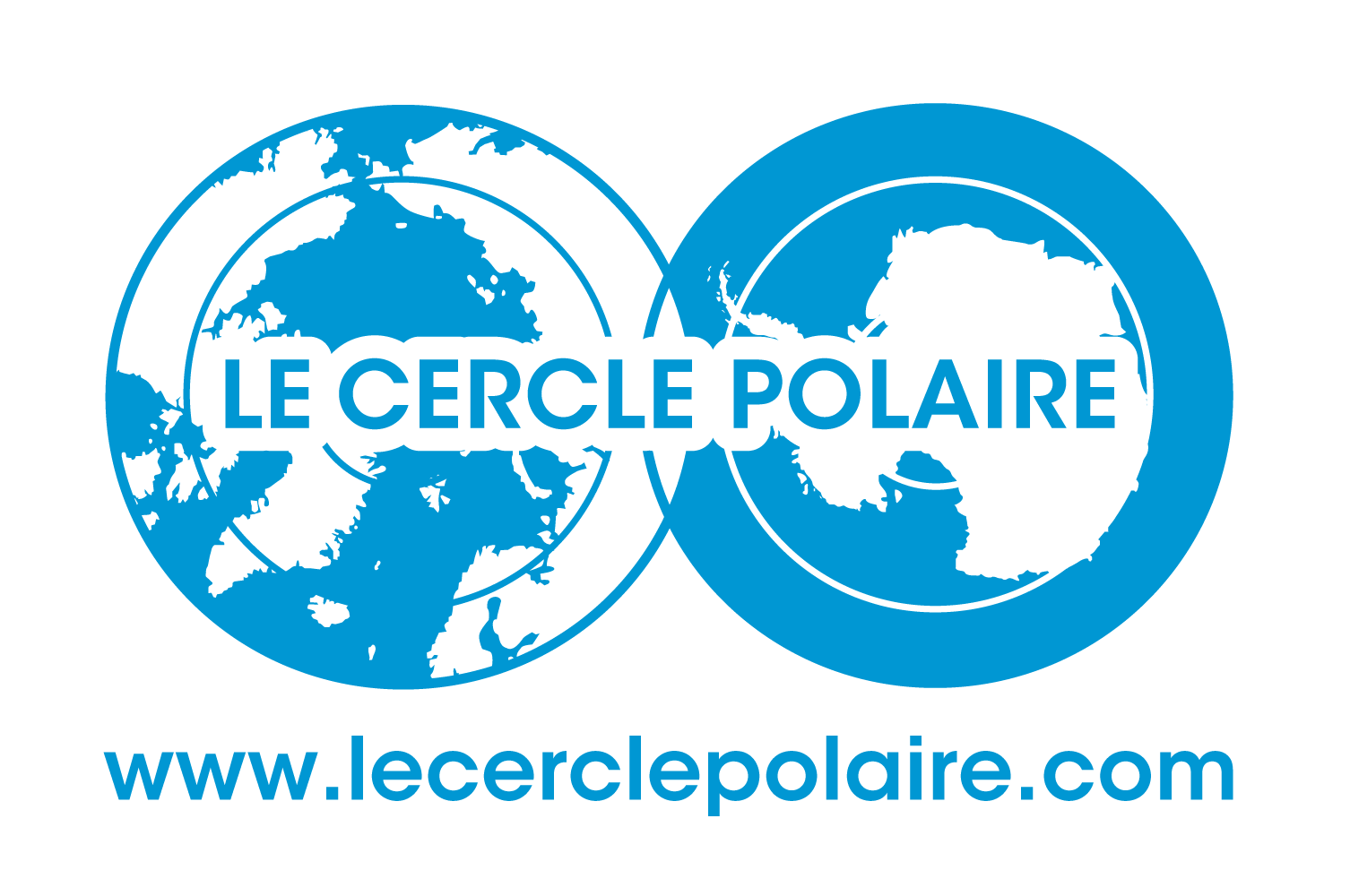
Ancien Premier ministre • Australie
Nous devons tout faire pour que l’Antarctique reste à jamais une terre vierge et sauvage
Robert Hawke has been a major political actor in the adoption of the third protocol of the Antarctic Treaty System. Born in 1929, Robert Hawke was educated at the University of Western Australia and Oxford University. Following employment as a research officer and advocate with the Australian Council of Trade Unions, he was elected its President (1970-1980). He entered the Australian Federal Parliament in 1980 for the Australian Labor Party; elected Leader in February 1983, and one month later, in a general election, became Prime Minister, a position he held until December 1991. He was made a Companion of the Order of Australia (AC); was awarded the Grand Companion of the Order of Logohu (GCL) from the Papuan New Guinea Government and conferred with the Award of the Grand Cordon of the Order of the Rising Sun by the government of Japan. He holds honorary degrees from universities in Australia, China, Israel and Japan.
One of the major environmental issues that arose during my period as Prime Minister was the proposed signing of the 1988 Convention on the Regulation of Antarctic Mineral Resource Activity (CRAMRA) which would have permitted mining and drilling for oil on that continent.
Aware that the unpolluted character of the fragile territory of Antarctica has always been highly important to the conduct of crucial environmental and scientific research work, the thought that, by a flourish of the pen in signing the Convention I could put all that in jeopardy, was a risk with which I was not prepared to have my government associated.
Against what my Cabinet could see as possible international ridicule for Australia, I finally convinced them that not signing the Treaty was the responsible approach. We would not only lead the world on this issue, but change the world’s thinking on it. I also believed that my action was in tune with a growing anxiety around the world on global environmental issues such as the impact of greenhouse gases and the damage to the ozone layer, and the future of the Antarctic fell squarely within these concerns. Aided by my good friends, Jacques Cousteau and former French Prime Minister, Michel Rocard, through diplomatic channels and environmental movements around the globe, finally, in 1991, the Environmental Protection Protocol (known as the Madrid Protocol) was signed which ensured the comprehensive protection of Antarctica as a « Nature Reserve – Land of Science » for fifty years.
Since that time, the planet has come under increasing pressure, not only through climate change, but also the demands of an every increasing world population for new energy and food sources, particularly placing the inter-dependent biodiversity of the fishing grounds of the great southern oceans in peril. Having personally experienced the wonder and majesty of the Antarctic my hope is that everyone who ventures there is totally enthralled and captivated by their experience and thus becomes a strong advocate for the protection of this continent. But with the burgeoning tourist cruise industry comes the ever present threat of shipwrecks and oil spills and we are very much dependent upon the International Association of Antarctic Tour Operators to remain vigilant in ensuring that tourism in this sensitive area is always safe and responsible.
We must ensure that Antarctica survives its greatest man-made threats to its existence; climate change, and the voracious quest for profits over preservation, of these unique places on our continent.
Robert Hawke (May 2012)
© Le Cercle Polaire – Mai 2012 – Tous droits réservés

